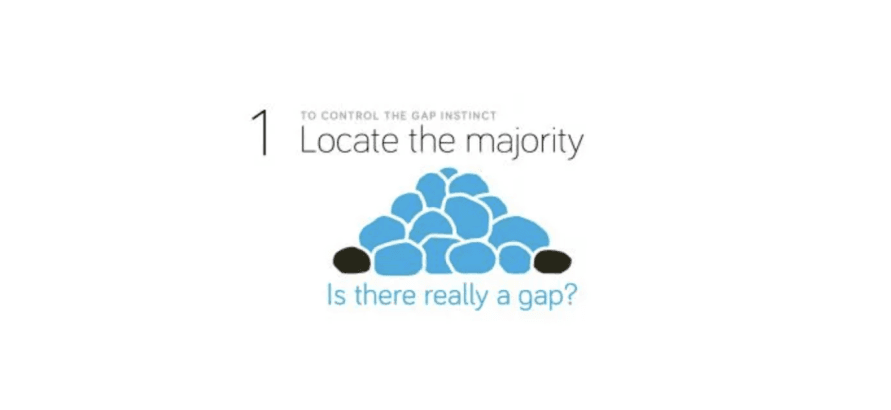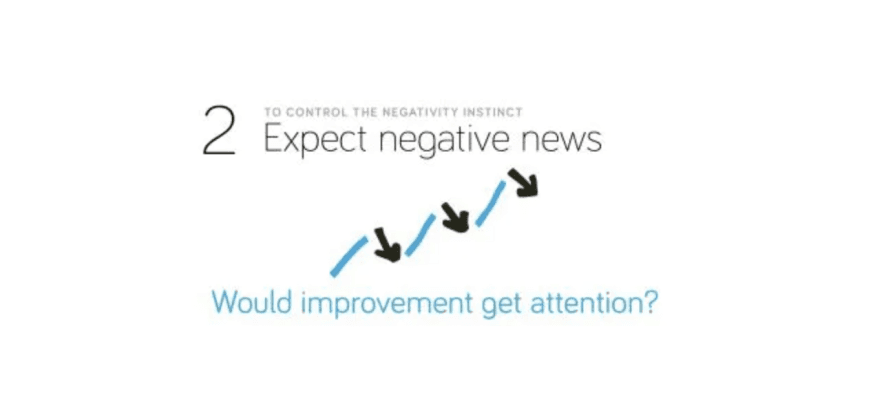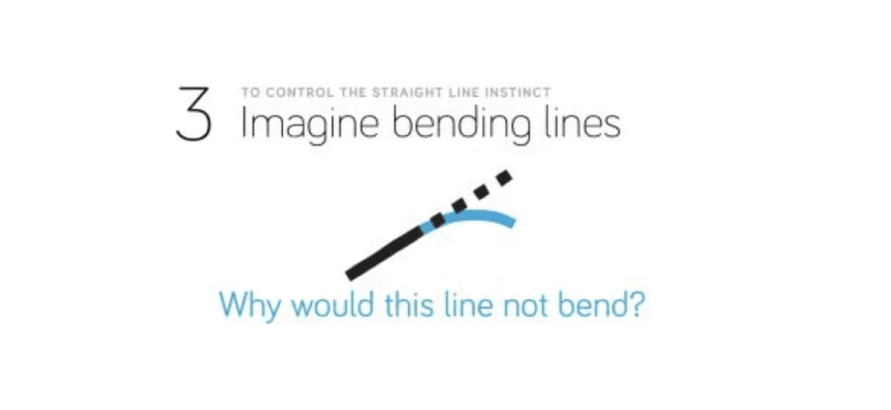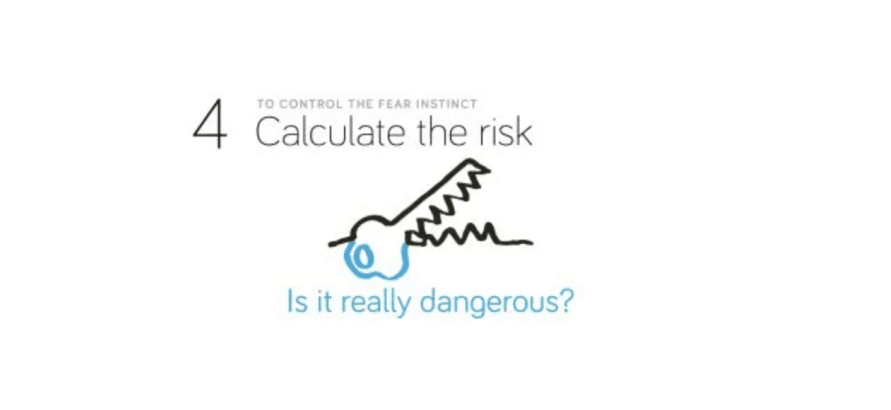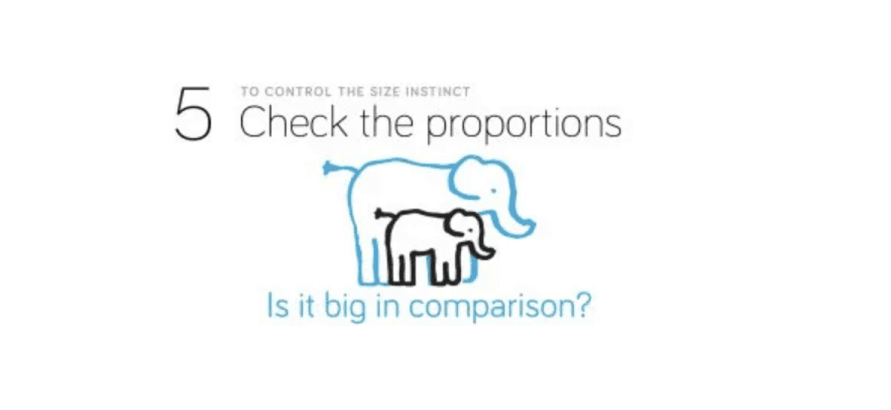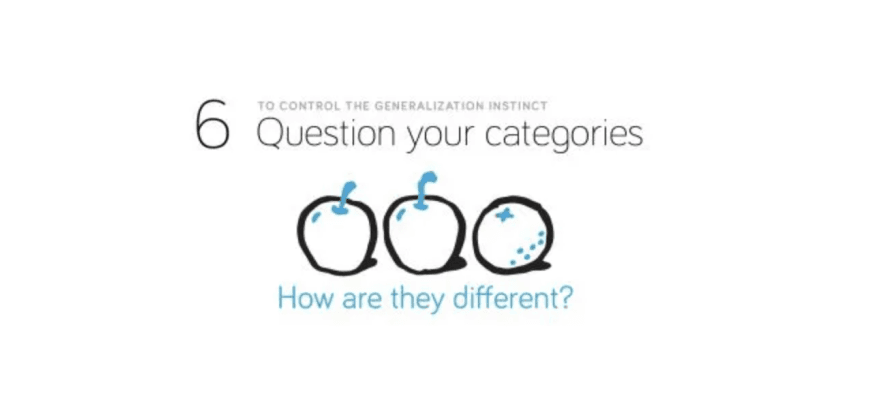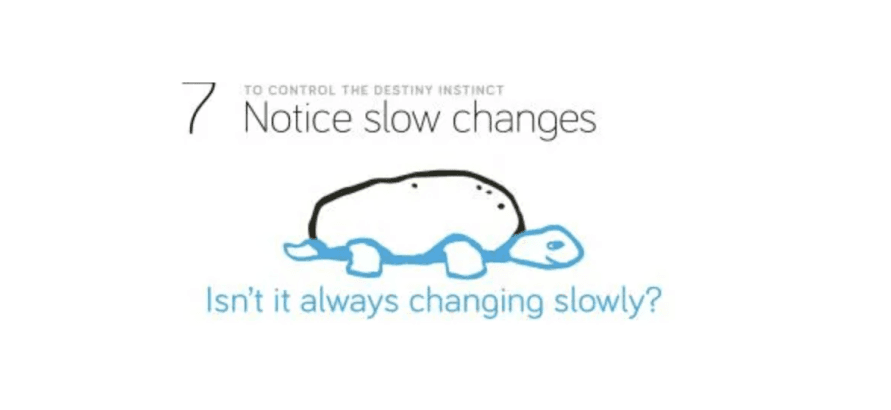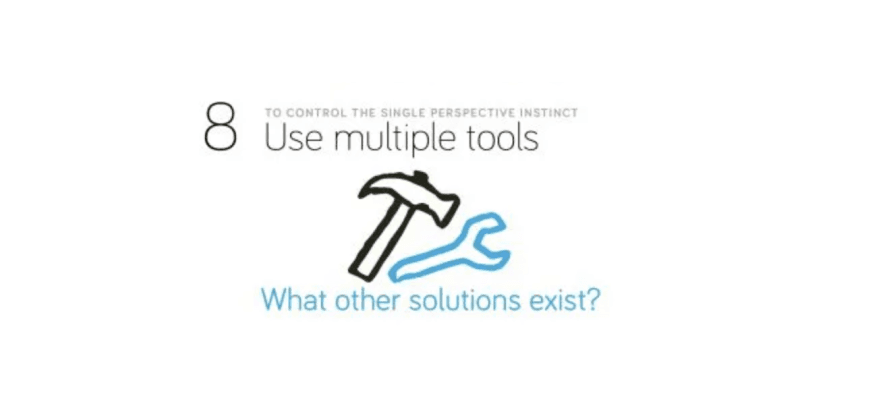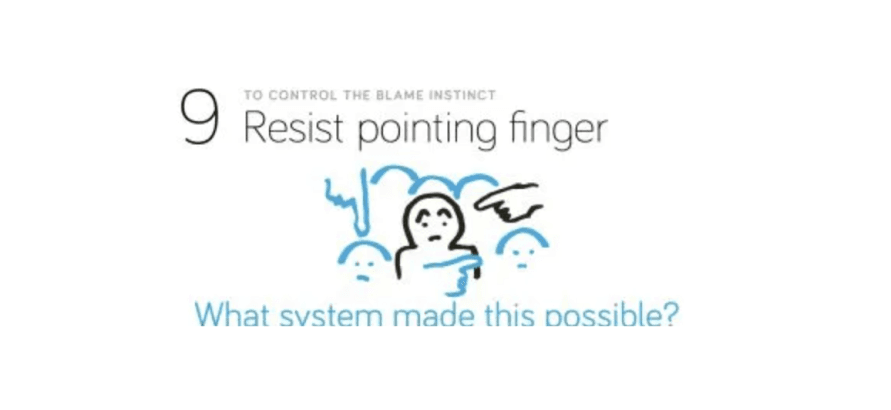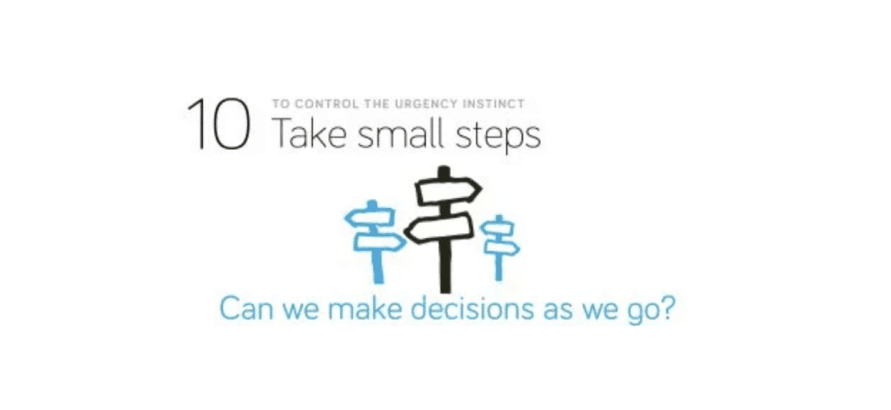Weston I.'s Key Ideas from Factfulness
by Hans Rosling, Anna Rosling Rönnlund, Ola Rosling
Ideas, facts & insights covering these topics:
20 ideas
·185K reads
648
18
Explore the World's Best Ideas
Join today and uncover 100+ curated journeys from 50+ topics. Unlock access to our mobile app with extensive features.
“Step-by-step, year-by-year, the world is improving. Not on every single measure every single year, but as a rule. Though the world faces huge challenges, we have made tremendous progress. This is the fact-based worldview.”
HANS ROSLING
2.55K
31.6K reads
The Gap Instinct
- This is that irresistible temptation we have to divide all kinds of things into two distinct and often conflicting groups, with an imagined gap in between.
- The gap instinct makes us imagine division where there is just a smooth range, differences where there is convergence, and conflicts where there is agreement.
- The gap instinct creates a picture in people’s heads of a world split into two kinds of countries or two kinds of people: rich versus poor.
2.44K
18.7K reads
"Human beings have a strong dramatic instinct toward binary thinking, a basic urge to divide things into two distinct groups, with nothing but an empty gap in between. We love to dichotomize. Good versus bad. Heroes versus villains. My country versus the rest. Dividing the world into two distinct sides is simple and intuitive, and also dramatic because it implies conflict, and we do it without thinking, all the time."
HANS ROSLING
2.55K
16.2K reads
How To Control The Instinct Gap
Rember that reality is often not polarized at all. To control the gap instinct, look for the majority.
- Beware comparisons of averages. If you could check the spreads you would probably find they overlap. There is probably no gap at all.
- Beware comparisons of extremes. In all groups, there are some at the top and some at the bottom. But even when the difference is extremely unfair, the majority is usually somewhere in between, right where the gap is supposed to be.
- The view from up here. Remember, looking down from above distorts the view. Everything else looks equally short, but it’s not.
2.35K
11.4K reads
The Negativity Instinct
The negativity instinct describes our tendency to notice the bad more than the good.
So when you hear about something terrible, calm yourself by asking, If there had been an equally large positive improvement, would I have heard about that?
2.44K
12K reads
How To Control The Negativity Instinct
Remember that information about bad events is much more likely to reach us. Expect bad news.
- Better and bad. Practice distinguishing between a level (e.g., bad) and a direction of change (e.g., better). Convince yourself that things can be both better and bad.
- Good news is not news. Good news is almost never reported. When you see bad news, ask whether equally, positive news would have reached you.
- Gradual improvement is not news. When a trend is gradually improving, with periodic dips, you are more likely to notice the dips than the overall improvement.
- More news does not equal more suffering
2.46K
9.03K reads
The Straight Line Instinct
This instinct describes our tendency to assume that a line will just continue straight and ignoring that such lines are rare in reality.
But don’t assume straight lines. Many trends do not follow straight lines but are S-bends, slides, humps, or double lines. No child ever kept up the rate of growth it achieved in its first six months, and no parents would expect it to.
2.25K
8.55K reads
The " World Population Is Just Increasing" Misconception
It's true that the world population is increasing. Very fast. But it’s not just increasing.
The “just” implies that, if nothing is done, the population will just keep on growing. It implies that some drastic action is needed in order to stop the growth. That is the misconception based on our instinct to assume that lines are straight.
2.14K
8.26K reads
The Fear Instinct
The fear instinct describes our tendency to pay more attention to frightening things.
These fears are hardwired deep in our brains for obvious evolutionary reasons. Fears of physical harm, captivity, and poison once helped our ancestors survive. In modern times, perceptions of these dangers still trigger our fear instinct.
2.24K
7.28K reads
"For the first time in world history, data exists for almost every aspect of global development. And yet, because of our dramatic instincts and the way the media must tap into them to grab our attention, we continue to have an overdramatic worldview. Of all our dramatic instincts, it seems to be the fear instinct that most strongly influences what information gets selected by news producers and presented to us consumers."
HANS ROSLING
2.24K
7.54K reads
“The image of a dangerous world has never been broadcast more effectively than it is now, while the world has never been less violent and more safe.”
HANS ROSLING
2.28K
8.44K reads
“Critical thinking is always difficult, but it’s almost impossible when we are scared. There’s no room for facts when our minds are occupied by fear.”
HANS ROSLING
2.34K
7.6K reads
How To Control The Fear Instinct
Recognize when frightening things get your attention, and remember that these are not necessarily the riskiest. Calculate the risks.
- The scary world: fear vs. reality. The world seems scarier than it is because what you hear about it has been selected precisely because it is scary.
- Risk = danger × exposure. How dangerous is something? And how much are you exposed to it?
- When you are afraid, you see the world differently. Make as few decisions as possible until the panic has subsided.
2.34K
6.02K reads
The Size Instinct
The size instinct describes our tendency to get things out of proportion, or misjudge the size of things.
To avoid getting things out of proportion you need only these tools: comparing and dividing:
- Compare. Big numbers always look big. Single numbers on their own are misleading and should make you suspicious. Always look for comparisons.
- Divide. Amounts and rates can tell very different stories. Rates are more meaningful, especially when comparing between different-sized groups. In particular, look for rates per person when comparing between countries or regions.
2.19K
5.19K reads
The Generalization Instinct
- This instinct can make us mistakenly group together things that are actually very different.
- It can make us assume everything or everyone in one category is similar.
- It can make us jump to conclusions about a whole category based on a few, or even just one, unusual example.
2.18K
5.41K reads
How To Control The Generalization Instinct
Remember that categories are misleading. So question your categories.
- Look for differences within groups. Especially when the groups are large, look for ways to split them into smaller, more precise categories
- Look for similarities across groups.
- Look for differences across groups. Do not assume that what applies for one group applies for another /
- Beware of “the majority.” Ask whether it means 51 percent, 99 percent, or something in between.
- Beware of vivid examples. They are easier to recall but they might be the exception rather than the rule.
- When something looks strange, be curious and humble.
2.23K
4.25K reads
The Destiny Instinct
This is the idea that innate characteristics determine the destinies of people, countries, religions, or cultures. It’s the idea that things are as they are for ineluctable, inescapable reasons: they have always been this way and will never change.
Remember that many things (people, countries, religions, and cultures) appear to be constant just because the change is happening slowly, and remember that even small, slow changes gradually add up to big changes.
2.17K
4.73K reads
The Single Perspective Instinct
A single perspective can limit your imagination; look at problems from many angles to get a more accurate understanding and find practical solutions.
- Test your ideas. Have people who disagree with you test your ideas and find their weaknesses.
- Limited expertise. Don’t claim expertise beyond your field: be humble about what you don’t know. Be aware too of the limits of the expertise of others.
- Be open to ideas from other fields.
- Welcome complexity. History is full of visionaries who used simple utopian visions to justify terrible actions. Combine ideas. Compromise.
2.25K
4.17K reads
The Blame Instinct
The blame instinct describes our tendency to find a clear, simple reason for why something bad has happened.
- To control the blame instinct, resist finding a scapegoat. Look for causes, not villains. Accept that bad things can happen without anyone intending them to.
- Look for systems, not heroes. When someone claims to have caused something good, ask whether the outcome might have happened anyway, even if that individual had done nothing.
2.28K
4.44K reads
The Urgency Instinct
The urgency instinct describes our tendency to take immediate action in the face of perceived imminent danger, and in doing so, amplifying our other instincts.
To control the urgency instinct, take small steps.
- Take a breath. When your urgency instinct is triggered, your other instincts kick in and your analysis shuts down. Ask for more time and more information.
- Be wary of drastic action. Ask what the side effects will be. Ask how the idea has been tested.
2.21K
4.63K reads
IDEAS CURATED BY
Curious about different takes? Check out our Factfulness Summary book page to explore multiple unique summaries written by Deepstash users.
Weston I.'s ideas are part of this journey:
Learn more about books with this collection
How to communicate effectively with difficult people
How to handle conflict
How to stay calm under pressure
Related collections
Different Perspectives Curated by Others from Factfulness
Curious about different takes? Check out our book page to explore multiple unique summaries written by Deepstash curators:
1 idea
Aleksandra 's Key Ideas from Factfulness
Hans Rosling
11 ideas
Prince Rahul's Key Ideas from Factfulness
Hans Rosling
7 ideas
Chinmay Anand's Key Ideas from Factfulness
Hans Rosling
Discover Key Ideas from Books on Similar Topics
4 ideas
The Spectrum of Optimism and Pessimism
collaborativefund.com
12 ideas
Zero to One
Peter Thiel
8 ideas
The Black Swan
Nassim Nicholas Taleb
Read & Learn
20x Faster
without
deepstash
with
deepstash
with
deepstash
Personalized microlearning
—
100+ Learning Journeys
—
Access to 200,000+ ideas
—
Access to the mobile app
—
Unlimited idea saving
—
—
Unlimited history
—
—
Unlimited listening to ideas
—
—
Downloading & offline access
—
—
Supercharge your mind with one idea per day
Enter your email and spend 1 minute every day to learn something new.
I agree to receive email updates

